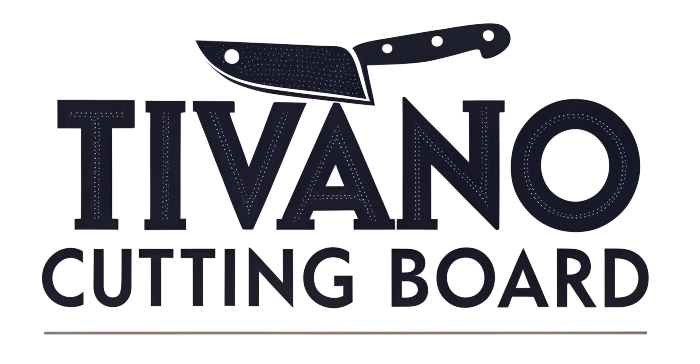Fresh Updates, Direct Delivery
Best Sellers
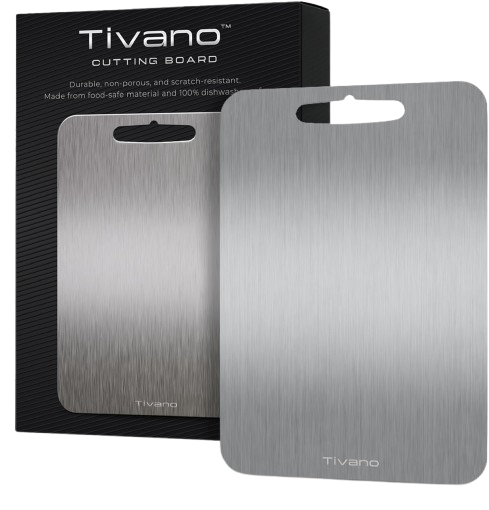
TitaniumShield Cutting Board
Crafted using advanced Titanium technology, this blade provides a durable cutting edge.
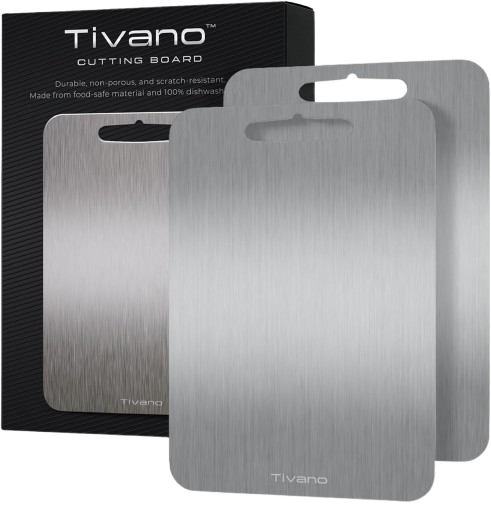
2-Pack Non Toxic Kitchen Board
Prevents strong odors, such as onion or garlic, from lingering, keeping your cutting board fresh.
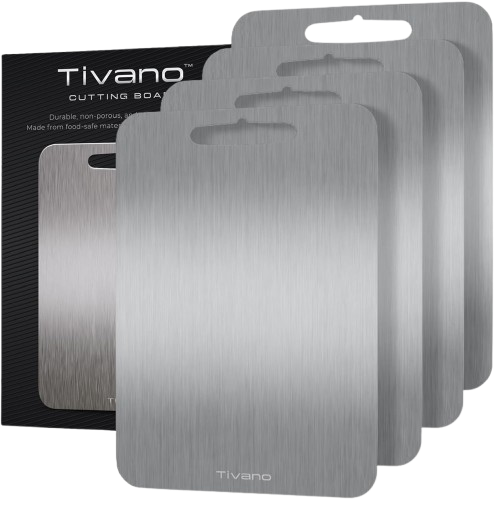
4-Pack TitaniumShield Cutting Board
Resists scratches retains its polished look even after frequent use and contact with vibrant ingredients.
Crafted for Real Kitchens
Your kitchen deserves tools that actually work as hard as you do. Period. Tivano cutting boards aren’t just some other prep surface you replace every two years—they’re the foundation of every single meal you create. These things were designed by people who understand that cooking isn’t just about the food, you know? It’s about craftsmanship.
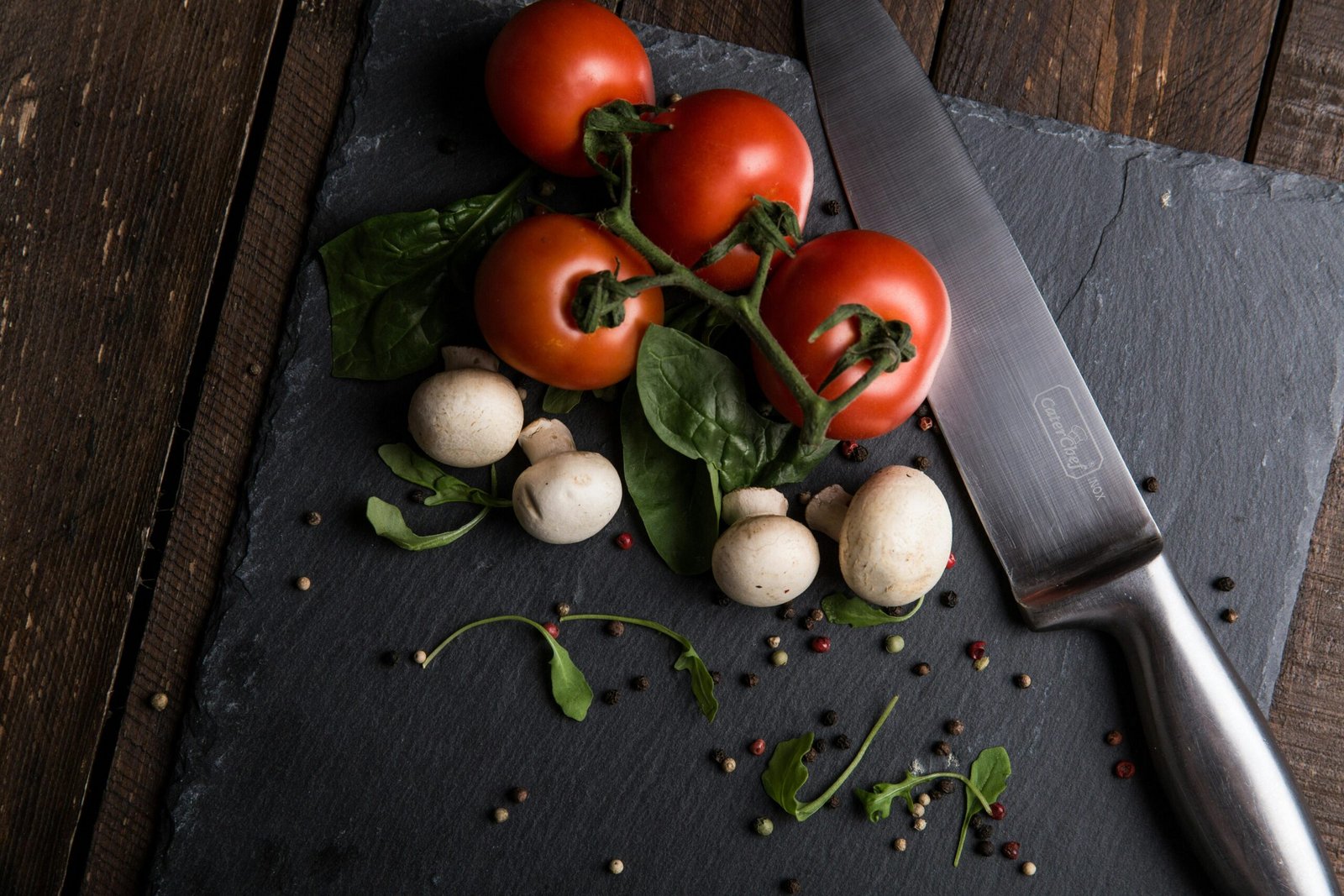
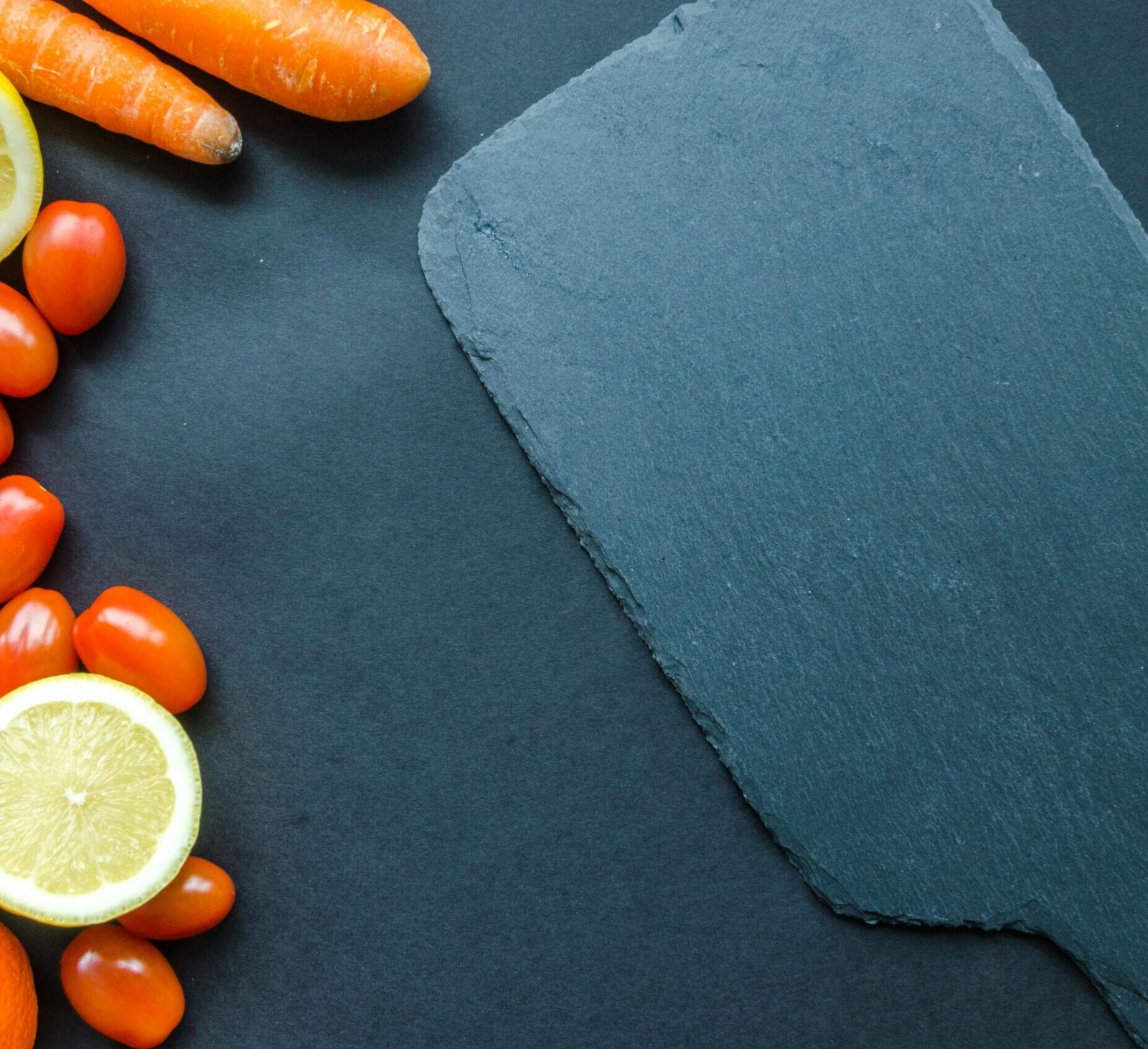
The Story Behind Every Cut
Tivano, man, we started in this tiny workshop in Northern Italy. Our founder, a third-generation woodworker, just got totally frustrated watching home cooks—everyone, really—struggle with these warped, stained cutting boards they had to toss out every few years. It was ridiculous. The solution wasn’t some complex, fancy thing; it just required doing things the old way. The right way. We pick every single piece of hardwood by hand. We let it cure naturally for months. Then we finish every board with a secret family blend of mineral oil and beeswax, a recipe that’s been in the family for literally decades.
Look, our boards aren’t “revolutionary.” They’re just built exactly how proper kitchen tools used to be built—to last through generations of Sunday dinners, holiday chaos, and just everyday meals. We make them one at a time in our expanded workshop outside Milan, where the same crazy careful attention goes into every single grain pattern, every rounded edge, every smooth surface. Why does each board carry a small brass plate with its creation date? Not because it’s trendy or some junk. Because we honestly expect you’ll want to know its age when you pass it down someday. That’s the kind of long-term thinking we have.
The name Tivano comes from this old Lombard word for “craftsman’s table“—that sturdy, messy workspace where everything important actually happened. That’s exactly what we hope these boards become in your kitchen. They’re the reliable surface where meals begin, where ingredients truly transform, where cooking stops being such a chore and becomes more of a ritual worth preserving.
Categories
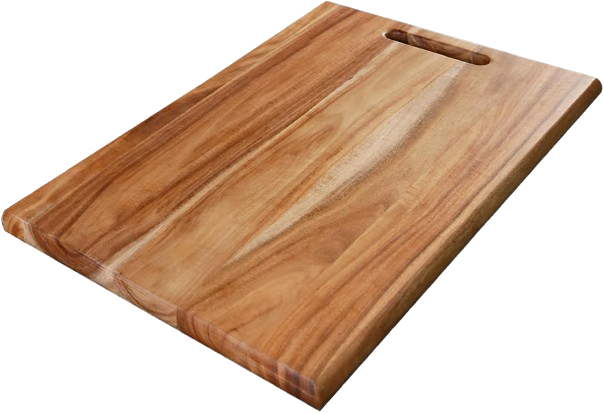
Wood
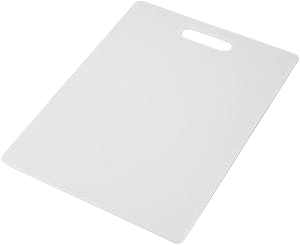
Plastic
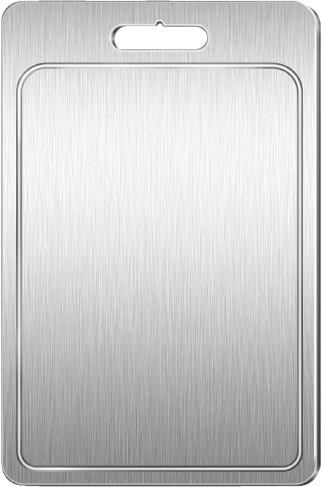
Titanium
For Your Kitchen
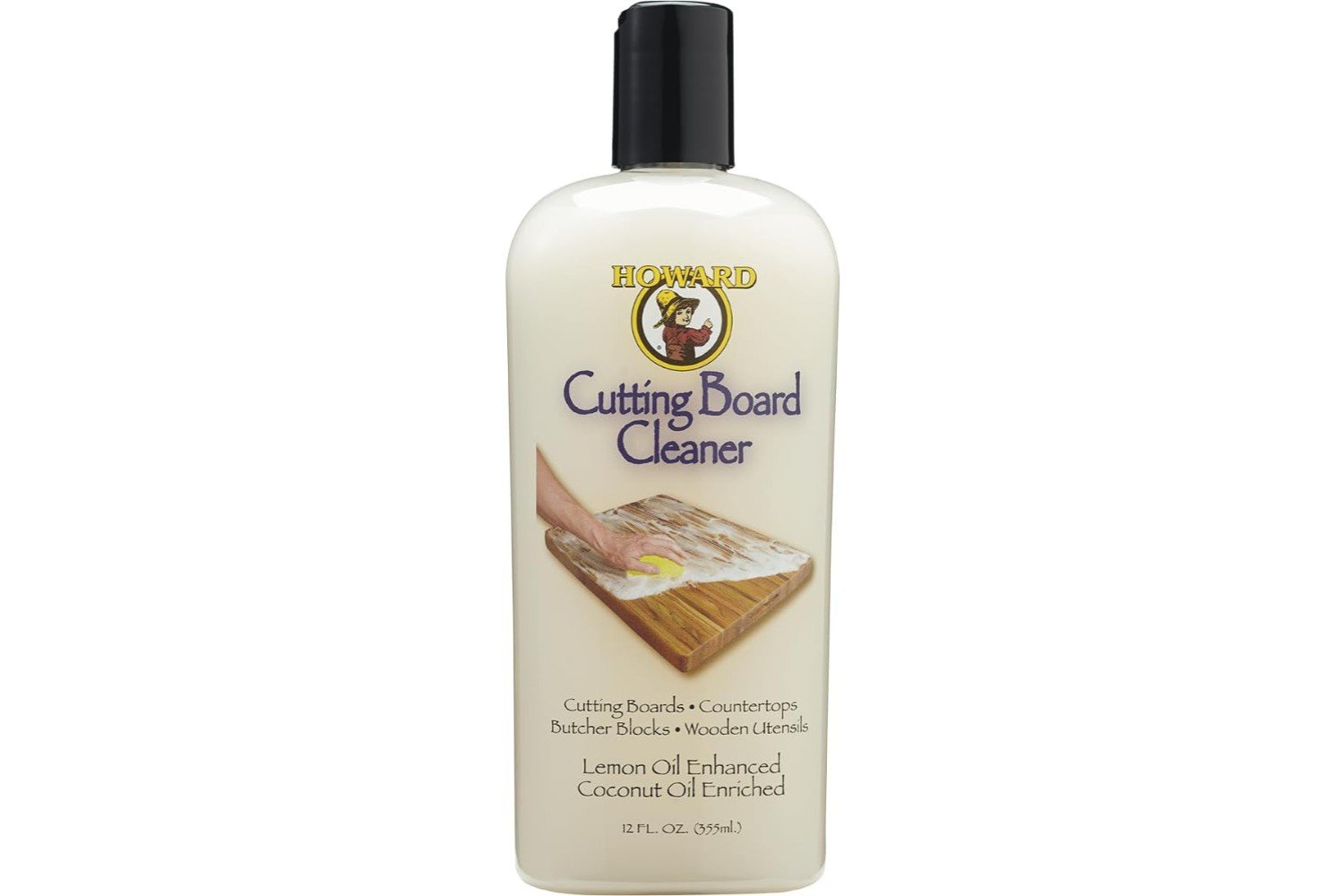
Antibacterial Cleaners
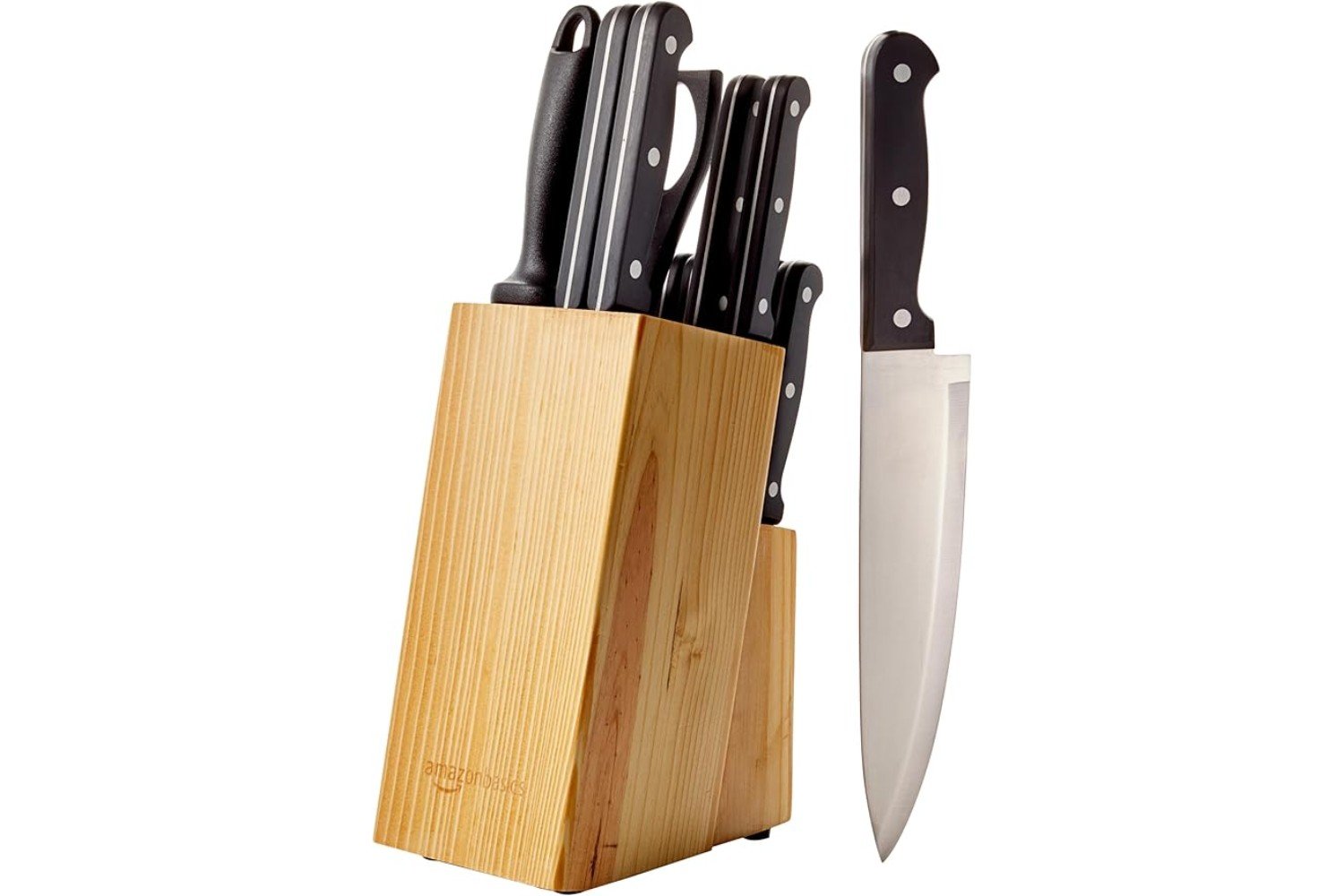
Knife Sets
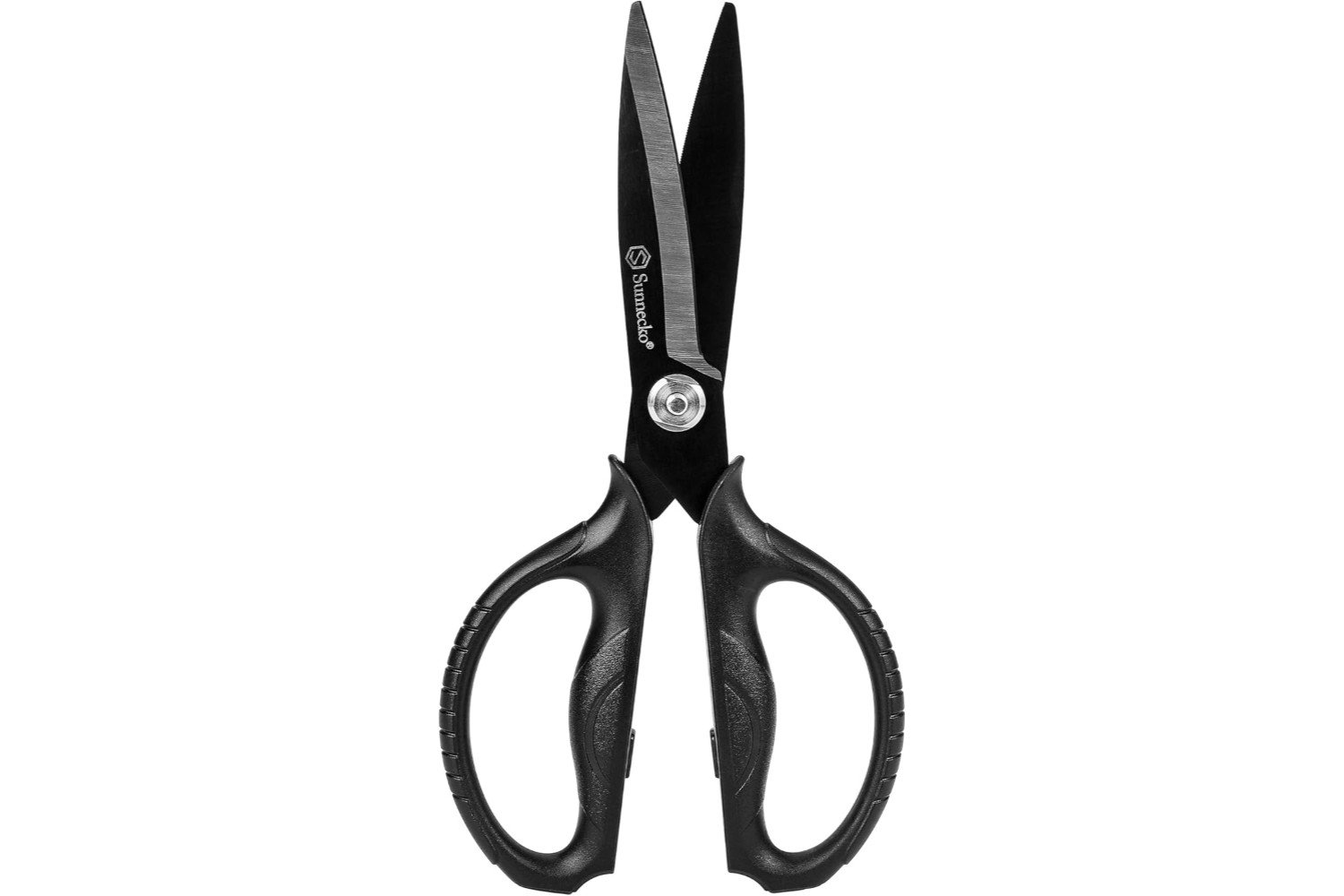
Kitchen Scissors
Why Chefs Choose Tivano
“Finally, a cutting board that doesn’t slide around while I’m chopping. The rubber feet on my Tivano maple board grip perfectly, and the juice groove actually contains everything when I’m carving.”

Marco D.
Customer
“Bought the large teak board for charcuterie nights. The natural grain patterns are gorgeous—guests always ask where it’s from. Worth every penny for something that doubles as servingware.”

Jennifer K.
Customer
“The weight tells you everything—this is serious craftsmanship. My acacia board has that satisfying thunk when you set it down. Oiled it once in eight months and it still has that rich, deep color.”

Lisa M.
Customer
Common Questions
Hand washing with warm water and mild dish soap works best. After washing, dry thoroughly with a clean towel and let it air dry completely before storing. Avoid soaking in water or putting it in the dishwasher, as this can cause warping or cracking over time.
Food-grade mineral oil or specialized board conditioner helps maintain the wood’s condition. Apply a thin layer once a month or whenever the surface looks dry. Coconut oil and olive oil aren’t recommended as they can turn rancid.
Monthly oiling is typically sufficient for regular home use. Boards used daily or those that appear dry and lighter in color may benefit from oiling every two weeks. A well-maintained board will have a subtle sheen and feel smooth to the touch.
Sprinkle coarse salt over the surface and rub with half a lemon, then rinse with warm water. For stubborn odors, a paste made from baking soda and water can be applied, left for a few minutes, then rinsed off. This natural method is gentle on the wood while effectively removing unwanted smells.
Yes, the surface is safe for all food preparation, including raw meat. Just be sure to wash it thoroughly with hot, soapy water immediately after use. Some people prefer to designate one side for meat and the other for vegetables to minimize cross-contamination.
Light knife marks are normal and actually help create a natural patina that many cooks prefer. The surface is designed to be gentle on knife blades while remaining durable. Deep gouges can be sanded down with fine-grit sandpaper if needed, followed by re-oiling to restore the finish.Retry
